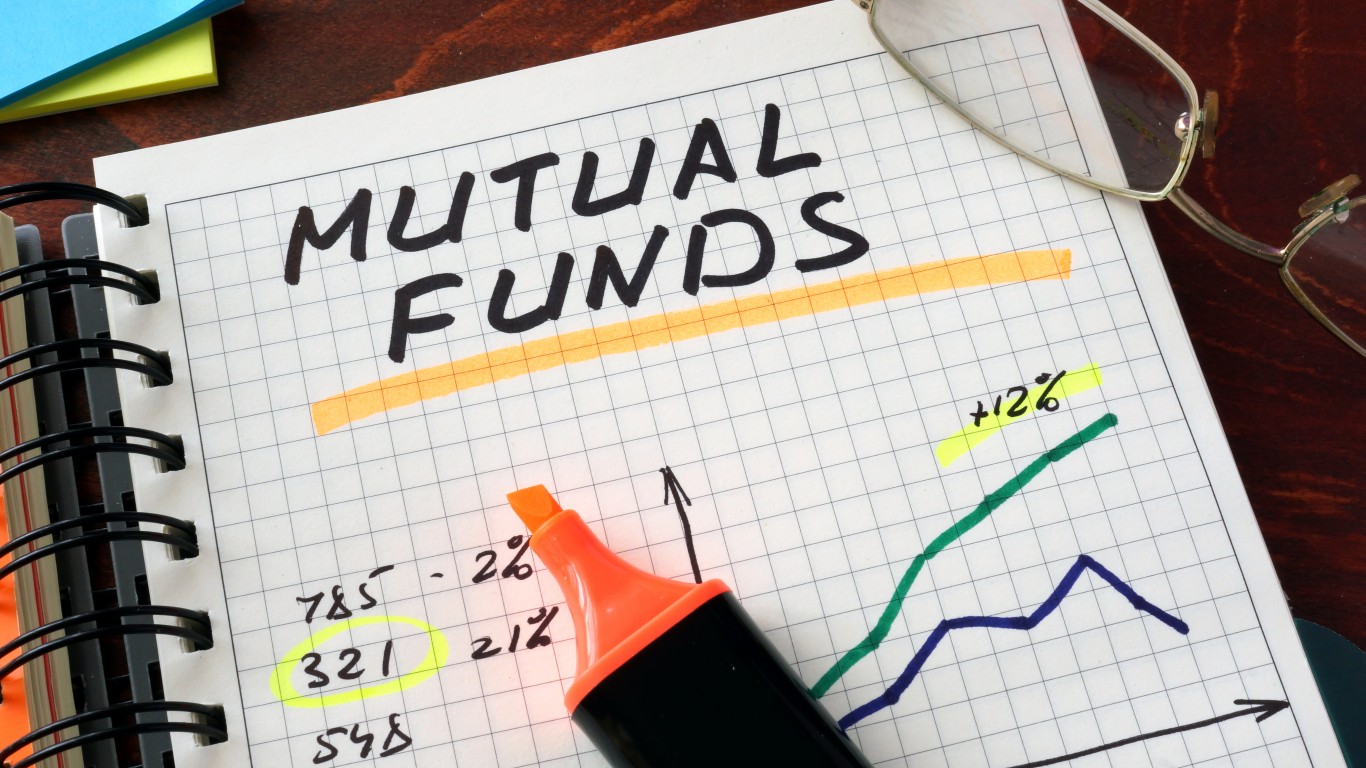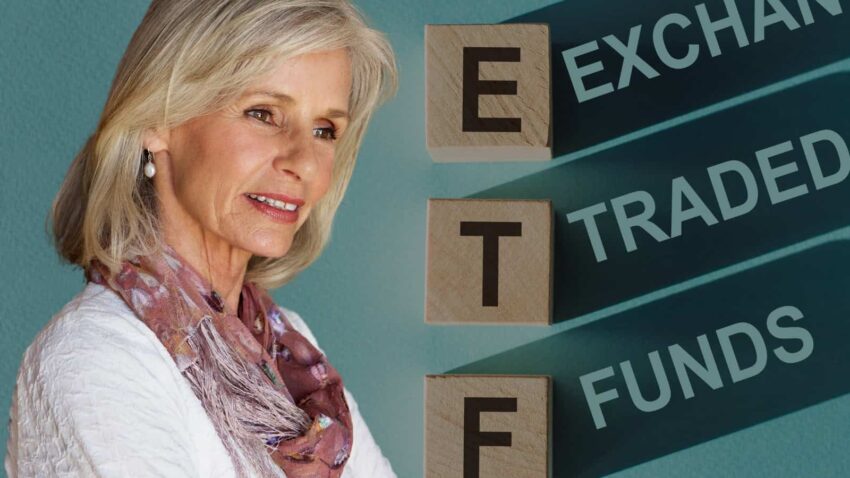The “buy the dip” financial news teleprompter readers and the 35-year-old portfolio managers who have never experienced a market crash are pounding the table, claiming that stocks are still headed to the moon, even after hitting all-time highs and climbing almost 28% after a 20% February to April sell-off. Market veterans and “hey Boomer” professionals have seen this show before. In 1987, the Dow Jones industrials plunged a stunning 22% in one day. Today, an equivalent drop in the venerable index would be almost 9,900 points. Remember the old Wall Street adage, “Nobody ever lost money taking a profit.” For Baby Boomers and retirees, now may be the time to shift to higher ground from a risk standpoint.
24/7 Wall St. Key Points:
-
The current S&P 500 price-to-earnings ratio is 26.01.
-
The median S&P 500 P/E ratio over the past 25 years is around 18.5x, which indicates the stock market is way overvalued.
-
If the stock market pulls back from current all-time highs, we could see a 15% sell-off or more.
-
Is your portfolio vulnerable to a market crash or significant correction? Why not meet with a financial advisor near you for a complete portfolio checkup? Click here to get started today (Sponsored)
The bottom line for Baby Boomers and retirees who cannot afford a significant market correction or, God forbid, a crash, is that now is the time to move a substantial amount of assets to guaranteed investments. We focus on two ideas that are currently among the safest. We purposely avoided certificates of deposit (CDs) because, while some do pay monthly, the longer-dated CDs offered by many banks charge a penalty for early withdrawal of funds. Therefore, if you have an emergency and need to access your money, you may receive less back than you initially invested. Ensure the terms are clear if you opt to purchase one.
Exchange Traded Funds (ETFs)
Unlike open-end mutual funds, ETFs trade on major exchanges like stocks. They own financial assets, including stocks, bonds, currencies, debt, futures contracts, and commodities such as gold bars. One significant advantage of ETFs is that investors can buy or sell them at any time the market is trading. Additionally, there is a substantial market and demand from investors for exchange-traded funds.
One of the funds we highly recommend at 24/7 Wall St. is the SPDR Bloomberg 1-3 Month T-Bill ETF (NYSE: BIL). The fund invests substantially all, but at least 80%, of its total assets in the securities comprising the index and in securities that the adviser determines to have economic characteristics substantially identical to the financial characteristics of the securities comprising the index. The index measures the performance of public obligations of the U.S. Treasury that have a remaining maturity of greater than or equal to one month and less than three months.
The State Street website describes the fund in this manner:
- The SPDR Bloomberg 1-3 Month T-Bill ETF seeks to provide investment results that, before fees and expenses, correspond generally to the price and yield performance of the Bloomberg 1-3 Month U.S. Treasury Bill Index.
- Seeks to provide exposure to publicly issued U.S. Treasury Bills that have a remaining maturity between 1 and 3 months.
- Short-duration fixed income is less exposed to fluctuations in interest rates than longer-duration securities.
- Rebalanced on the last business day of the month.
The fund currently pays a 4.58% yield and a monthly dividend/interest payment of $0.3828. Investors should note that the price of the ETF will decrease by that amount when the dividend is paid. However, at $91.47 at the time of this writing, the monthly impact is minimal.
With a tiny 0.14% expense ratio and daily liquidity, it is ideal for those who cannot afford a significant loss of principal.
High-Yield Money Market Funds

A high-yield money market fund, also known as a high-yield savings account (HYSA), is an investment that aims to generate income while maintaining a relatively stable and liquid principal. It is considered a low-risk investment and can have higher interest rates than savings accounts. Money market funds invest in short-term securities, such as government securities, commercial paper, and corporate debt.
They are intended to be safe and not lose value. Best of all, you can withdraw cash from a money market fund without penalties. In addition, they pay interest monthly and the FDIC insure them up to $250,000.
Here are the rates from some well-known companies that we recommend:
- American Express High Yield Savings: 3.50%
- PNC Bank High Yield Savings: 3.95%
- CIT Bank Platinum Savings: 4% on balances of $5,000 and more
Open-End Mutual Funds

An “open-end mutual fund” is a type of investment fund that allows investors to buy or sell shares at any time, based on the current net asset value (NAV) of the fund, essentially meaning new shares are created when investors want to buy in, and shares are redeemed when investors want to sell out, providing continuous liquidity compared to closed-end funds with fixed entry and exit points; this makes open-end funds highly accessible for investors to enter and exit as needed.
Both closed-end and open-end funds provide efficient investment options. Closed-end funds trade on exchanges throughout the day, while open-end funds are typically redeemed or bought at net asset value once daily.
We recommend the BlackRock Liquidity Funds – FedFund (NASDAQ: BFCXX), which currently yields 4.22%. The fund maintains a $1 net asset value and can be bought and sold daily.
The BlackRock website provides the following description of the fund:
FedFund invests at least 99.5% of its assets in cash, U.S. Treasury bills, notes, and other obligations issued or guaranteed as principal and interest by the U.S. Government, its agencies, or instrumentalities, and repurchase agreements secured by such obligations or cash. The yield of the Fund is not directly tied to the federal funds rate. The Fund invests in securities maturing in 397 days or less (with certain exceptions), and the portfolio will have a dollar-weighted average maturity of 60 days or less and a dollar-weighted average life of 120 days or less. The Fund may invest in variable and floating-rate instruments and transact in securities on a when-issued, delayed-delivery, or forward-commitment basis.
Five Stocks Trading Under $10 That Pay Huge Monthly High-Yield Dividends
The post Baby Boomers: Sell the Rally Now, Shift to These 3 Safe Income Investments appeared first on 24/7 Wall St..
Click this link for the original source of this article.
Author: Lee Jackson
This content is courtesy of, and owned and copyrighted by, https://247wallst.com and its author. This content is made available by use of the public RSS feed offered by the host site and is used for educational purposes only. If you are the author or represent the host site and would like this content removed now and in the future, please contact USSANews.com using the email address in the Contact page found in the website menu.








